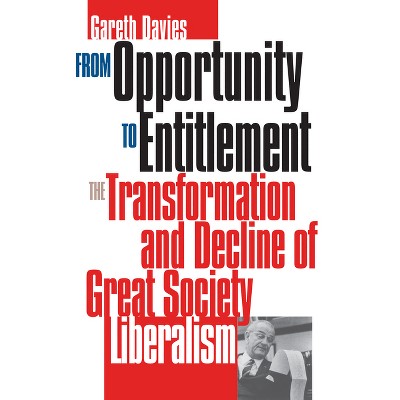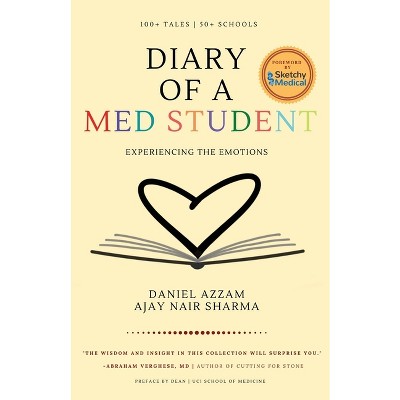Sponsored

Silver Opportunity - by Xiaohui Hou & Jigyasa Sharma & Feng Zhao (Paperback)
In Stock
Sponsored
About this item
Highlights
- We live in a rapidly aging world, in which people who are age 60 and older outnumber children under the age of five.
- About the Author: The World Bank came into formal existence in 1945 following the international ratification of the Bretton Woods agreements.
- 212 Pages
- Political Science, Public Policy
Description
About the Book
We live in a rapidly aging world, in which people who are age 60 and older outnumber children under the age of five. This book reveals large and growing gaps in care for older adults in countries at all income levels and shows how to leverage reforms for improving health outcomes for older adults and create healthier, more prosperous communities.
Book Synopsis
We live in a rapidly aging world, in which people who are age 60 and older outnumber children under the age of five. This book reveals large and growing gaps in care for older adults in countries at all income levels and shows how to leverage reforms for improving health outcomes for older adults and create healthier, more prosperous communities. Aimed at policy makers and other health and development stakeholders who want to promote healthier aging, Silver Opportunity compiles the latest evidence on care needs and gaps for aging populations. It argues that primary health care should be the cornerstone of integrated service delivery for older people, but primary health care systems must first build their capacity to respond to older people's health needs. It presents an original framework for policy action to advance primary health care-centered, integrated senior care; documents the experiences of pioneering countries in delivering community-based care to older people; and provides recommendations for decision-makers. The framework presents four policy levers with which to improve health care for seniors--financing, innovation, regulation, and evaluation and measurement--or FIRE. Finally, the book posits that by acting now, countries can leverage population aging to accelerate progress toward health equity and universal health coverage.About the Author
The World Bank came into formal existence in 1945 following the international ratification of the Bretton Woods agreements. It is a vital source of financial and technical assistance to developing countries around the world. The organization's activities are focused on education, health, agriculture and rural development, environmental protection, establishing and enforcing regulations, infrastructure development, governance and legal institutions development. The World Bank is made up of two unique development institutions owned by its 185 Member Countries. The International Bank for Reconstruction and Development (IBRD) focuses on middle income and creditworthy poor countries and the International Development Association (IDA), which focuses on the poorest countries in the world.
Shipping details
Return details
Trending Non-Fiction











